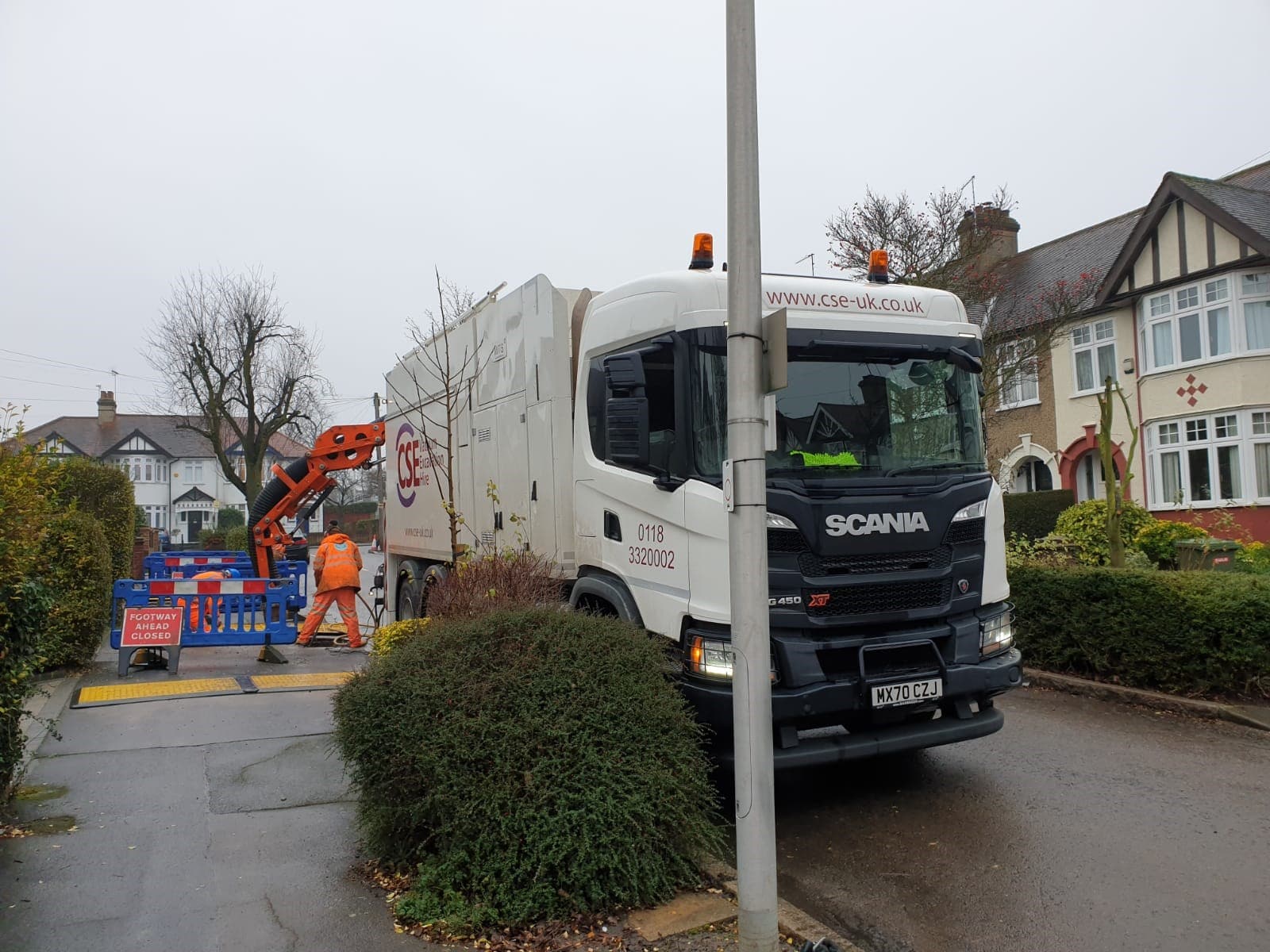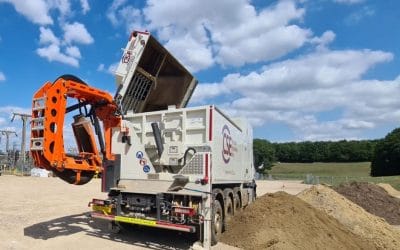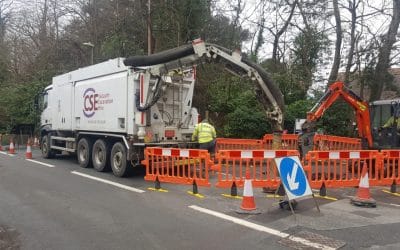Vacuum Excavators are highly useful for removing the earth from existing underground services, with a lower risk of damaging them, then if a hand digger or a traditional excavator were to be used. This process significantly reduces the risk of injury to workers, loss of property and lengthy project delays. Typically, Vacuum Excavation will loosen the soil but a high-pressure air lance and will immediately vacuum away the loosened material.
Vacuum Excavation originates from the use of hydro excavation in the 18th Century, when pressurised water was used for mining purposes in America. The modern excavator has been traced back to cleaning duties in the 1950s and as technology continued to progress, excavators became a firm fixture on sites across the world.
The system was heavily used in Canada throughout the 1990s and as the industry began to grow rapidly in the late 90s, several equipment manufacturers began to enter the market with both truck and trailed mounted models in order to fit a growing demand for excavation throughout America.
Moving into the 21st Century, the demand for excavation led to its introduction in the UK and to a number of new designs that focused on improving the excavator performance to enable it to be used on a wider variety of project sites:
- Reduced noise supports jobs in residential jobs
- Nozzle technology has increased the digging capability while reducing the risk of damage to utilities
- Larger tank capacities have kept the excavator on job sites for longer periods of time, which has improves contractor profitability
With the CSE operatives on-site with you, we can ensure that you will have competent and qualified workers who will produce a fantastic end result.
If you would like to enquire about any of our systems or to hire our team for work, please get in touch with a member of our team who will be happy to answer any questions.





